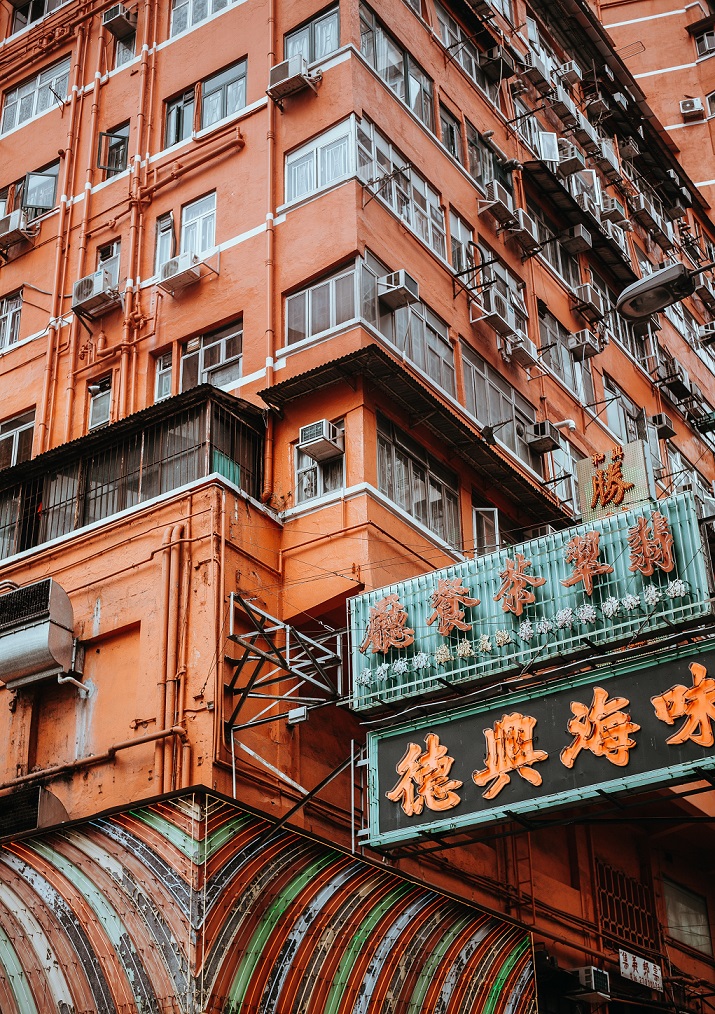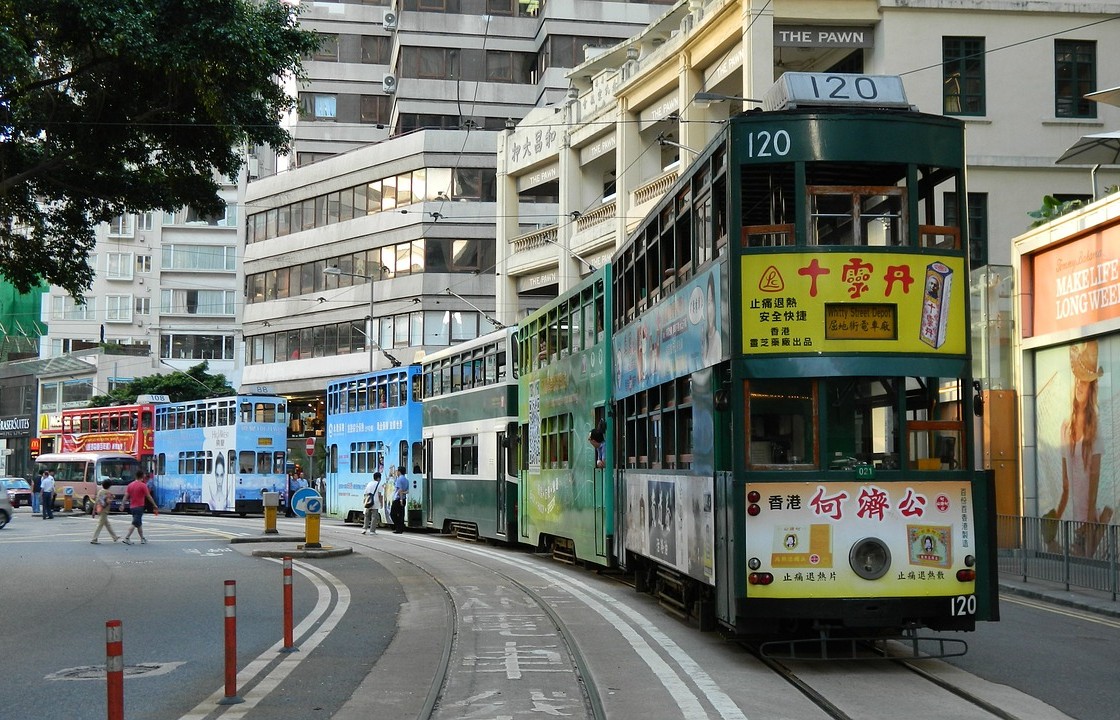Are you moving to Hong Kong? Whether for an assignment, a new company or family reasons, this article serves as a foundation-level overview to help you keep those expat relocation costs in Asia’s World City as low as possible.
We’ll cover the basics of housing, utilities, transportation, and healthcare. This guide aims to equip you with information to make informed decisions about your budget and lifestyle as you transition to your new home, but we strongly advise you to explore other services, like cost-of-living calculators and realtors, to gain a more thorough understanding before you move, and we’ll provide links to useful sources elsewhere that will go into more detail.
Hong Kong, much like most other major metropolises, has seen significant inflation in cost of living over the past few years, so we’ll also be using up-to-date figures that reflect this.
1. Housing
Renting
Prepare for pricier options compared to other Asian cities. Central areas like Central and Admiralty command top dollar, with a one-bedroom apartment averaging HK$20,000 (US$2,500) per month. Consider exploring more affordable districts like Kowloon or New Territories, where one-bedrooms can range from HK$12,000 to HK$15,000 (US$1,500-1,900).
Note that the further you are from Central Hong Kong (that is, Hong Kong island), generally speaking, the lower the rental cost. New developments are always underway in the New Territories and Lantau Island (the same island Hong Kong International Airport is located in), for example its city centre Tung Chung is a popular choice. Explore your options carefully and crucially, ensure that wherever you rent has local transport options in the form of an MTR or bus station.
Buying
Homeownership comes with significant upfront costs, especially given recent inflation. Apartments start around HK$6 million (US$760,000) for a studio and HK$10 million (US$1.3 million) for a three-bedroom. Stamp duty is also very high for non-residents. Government subsidised housing schemes exist, but eligibility requirements apply that an expatriate will not qualify for.
Popular platforms like Midland Realty offer convenient ways to explore listings and compare prices.
Read more about whether you should rent or buy in Hong Kong here.
hong kong street corner apartment view

2. Utilities
Hong Kong Electric, CLP Power and Towngas are the major electricity and gas providers. Register upon moving in with proof of residency and tenancy agreement.
Electricity
Costs vary based on usage and apartment size, averaging HK$500 to HK$800 (US$65-100) per month for a one-bedroom apartment to a three-person household. These have been hit by inflation in recent years but are far off Western Europe’s average monthly electricity bills.
Water
Water bills are generally lower than electricity, averaging HK$150 to HK$250 (US$20-30) per month for a one-bedroom apartment.
Internet and Phone
Various providers offer plans ranging from basic broadband to fiber optic. Expect to pay HK$200 to HK$400 (US$25-50) per month for basic internet, with bundled plans reaching HK$500 (US$65). Popular mobile networks like CSL and SmarTone offer prepaid and postpaid plans starting around HK$100 per month (US$13).
Note that broadband internet is comparatively fast and cheap in Hong Kong, much like in the rest of East Asia.
hong kong tram

3. Travelling
MTR
Hong Kong’s efficient and clean Mass Transit Railway (MTR) connects most key areas. Single fares start at HK$3.5 and increase based on distance. Octopus cards offer convenient reloadable options. The MTR is generally cheaper than Western European and North American mass transit and has not been significantly affected by inflation.
Buses and Trams
Extensive bus network offers good coverage with affordable fares (starting at HK$4.5). Trams in Hong Kong offer a unique and affordable way to explore the area (HK$3.0 per ride), although they do not cover area outside of Hong Kong island. One particularly unique way to travel if you’re living or working in Kowloon (the peninsula opposite Hong Kong island) is to take the Star Ferry. It runs every 15 minutes and costs just HK$4.0-6.0.
Taxis
Metered fares start at HK$27(urban taxi) and increase with distance and time. Consider booking apps like Uber or HKTaxi for convenience and potential discounts.
Vehicles
Owning a car in Hong Kong is expensive due to high registration fees, limited parking options, and potential traffic congestion. Public transportation is a reliable and cost-effective alternative. However, if you’d like to make the investment, Little Steps Asia has a helpful guide.
4. Food and Groceries
Supermarkets
Major chains like ParknShop and Wellcome offer a wide range of groceries at competitive prices. Expect to spend around HK$1,500-2,000 (US$190-250) per week for basic groceries for a single person, HK$2,500-3,500 (US$320-440) for a couple, and HK$4,000-5,000 (US$510-630) for a family of four. Local wet markets offer cheaper produce and staples.
Restaurants/Dai pai dongs
These traditional open-air eateries offer inexpensive and delicious local meals (HK$40-60 per dish).
Much as with all East Asia, eating at restaurants is significantly cheaper than in Western countries, and recent cost-of-living inflation is not felt as severely in this area. Explore local Dim Sum eateries for as little as HK$20 per person. Western-style dining tends to be more expensive (HK$50 per person).
Numbeo provides a breakdown of individual grocery items in Hong Kong and their costs here.
5. Healthcare
Hong Kong offers a mix of public and private healthcare. Public hospitals provide subsidized care for eligible residents, while private hospitals offer wider choice and shorter waiting times.
Public hospitals require one-time fees for GP visits, but these are generally inexpensive.
Most expats choose private health insurance for additional coverage and access to private hospitals. Premiums vary based on coverage and age, typically ranging from HK$10,000 to HK$30,000 (US$1,300-3,800) per year for individual plans. All major western health providers operate in Hong Kong (Allianz, Bupa, etc) as well as East Asian providers.
Further tips
- Buy an Octopus card and keep it topped up for MTR usage as well as payment in convenience stores.
- Explore wet markets for affordable and fresh produce, this is where most Hong Kongers do their grocery shopping. Do note that in some markets, bargaining is not only allowed but encouraged.
- For non-emergency medical issues, consider using public healthcare facilities, which are high quality and more affordable than private hospitals.